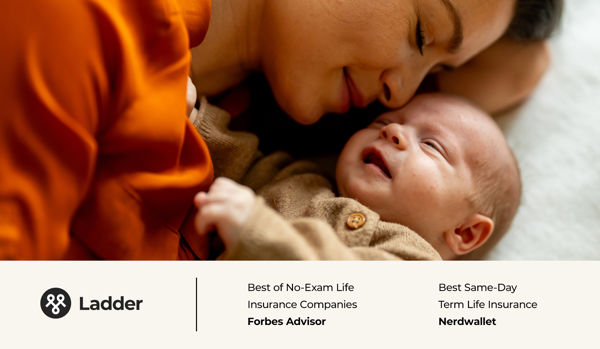Did you know that in the third trimester, babies' hearing increases, and they become capable of hearing musical tones? Some studies show babies cannot only listen to music but also react to it! The reactions look like an increased heart rate and more active movements. Babies' hearing doesn’t happen all at once. In the second trimester, babies can hear some sounds, and by twenty-five weeks of gestation, about half of all fetuses respond to certain tones, especially the voices of adults. Research also shows that newborns remember the music they listened to while in the womb. Knowing this information presents some cool ideas, but are there benefits to playing music with your baby while in the womb?
Benefits of Listening to Music in the Womb
In a research study, they found that playing music for fetuses in the womb can have long-term plastic effects on the developing brain and enhance neural responsiveness to sounds that were heard while in the womb. Not only were there positive effects on the developing brain, but they found that these effects were still occurring at four months of age. This study gave us information about how positive the right sounds and music can be for the developing brain, but it also begged the question of how adverse sounds might impact development.
In another study, they found similar results, that infants who were exposed to music during pregnancy significantly improved their development compared to those who were not exposed to music. In this research study, they also found that newborns remember the music and sounds they heard while in utero and that these sounds and songs better help them relax once born.
Benefits of Music During Pregnancy
To see the benefits of music during pregnancy, we also must look at how music positively impacts the gestational carrier. We know that stress can harm fetuses, and listening to music can improve prenatal anxiety and stress. Research also shows that music can help sleep quality and lower blood pressure. Playing music for your baby can also help with prenatal bonding because it allows for a connection between the parent and fetus. If a gestational carrier is carrying the baby, it is an excellent way for the parents not carrying the baby to bond, even from a distance. They can make a playlist of songs they love for the gestational parent to play out loud for the baby. Music therapy has been shown to keep babies calm, feed better, and gain weight more efficiently for babies born early and end up spending time in the NICU. Music therapy while in the NICU has even been shown to lessen the overall stay time for newborns.
Do You Need Special Equipment?
There are different types of tools on the market to encourage music listening for the fetus, but do you need any of these things? The most straightforward answer is no. Research shows that playing music in the room or car loud enough for you to hear is adequate for the fetus. However, some studies warn about music being too loud for a baby in the womb. They state that earphones and other sound-production devices should not be attached to the pregnant belly. It is noted that 50 decibels or less is ideal and birthing individuals who are consistently exposed to sounds greater than 100-115 decibels have a greater risk of preterm birth, low birth weight, and increased congenital abnormalities. This advice not only saves you money but is what is best for your baby. Plus, it makes music time much less stressful because it can be done more easily.
Takeaway
If you choose to introduce your belly bump to music, enjoy yourself! Choose tunes you love and enjoy the bonding that can occur when listening together. Who knows, you might even find your baby’s favorite song!





